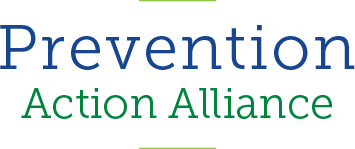
Here, we’ve collected a variety of resources to help you understand prevention, addiction, various substances, and more. Each of these resources contains key information about its topic, references to high-quality research and reports, resources to support further learning, or more. You’re welcome to not only read them but to share them widely with friends, family, and members of your community.
Use the "Resource Categories" button below to filter by topic.
5 Ways Drug Use Impacts Health
A Case for Prevention in Higher Education
Addiction—What Is It and How Can I Stop It?
The Strategic Prevention Framework Infographic
The Strategic Prevention Framework Fact Sheet
Prevention 101
Know! to Support a Child who has Lost a Loved One to Overdose
Know! to have a Meaningful Conversation about Marijuana
Grief Resource Packet
Know! to Support Positive Identity Formation
Gambling Help Ohio
Ohio for Responsible Gambling
